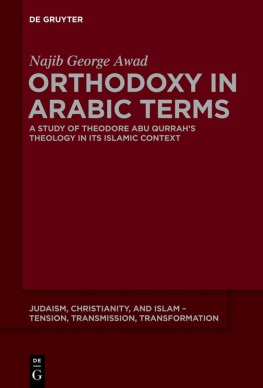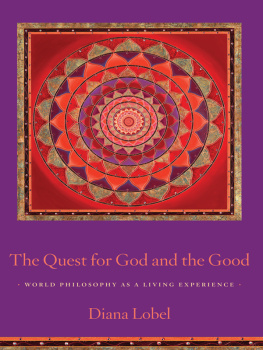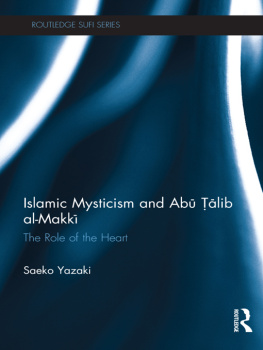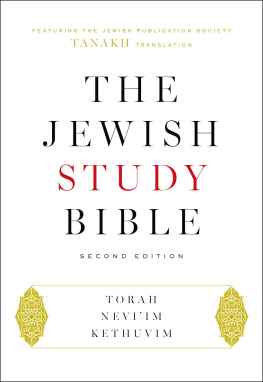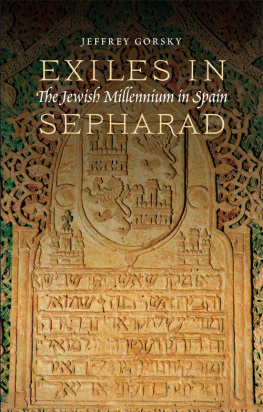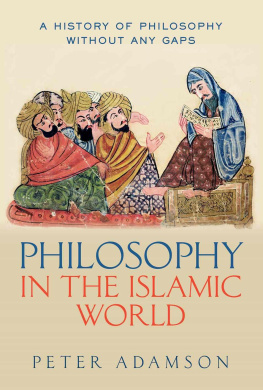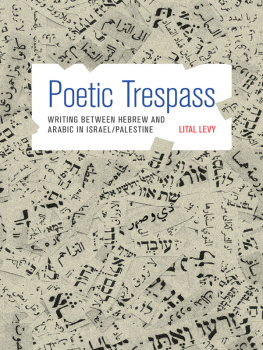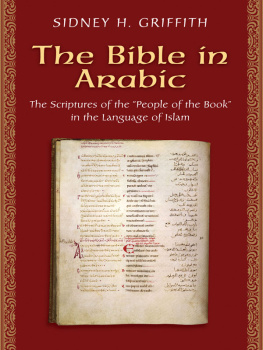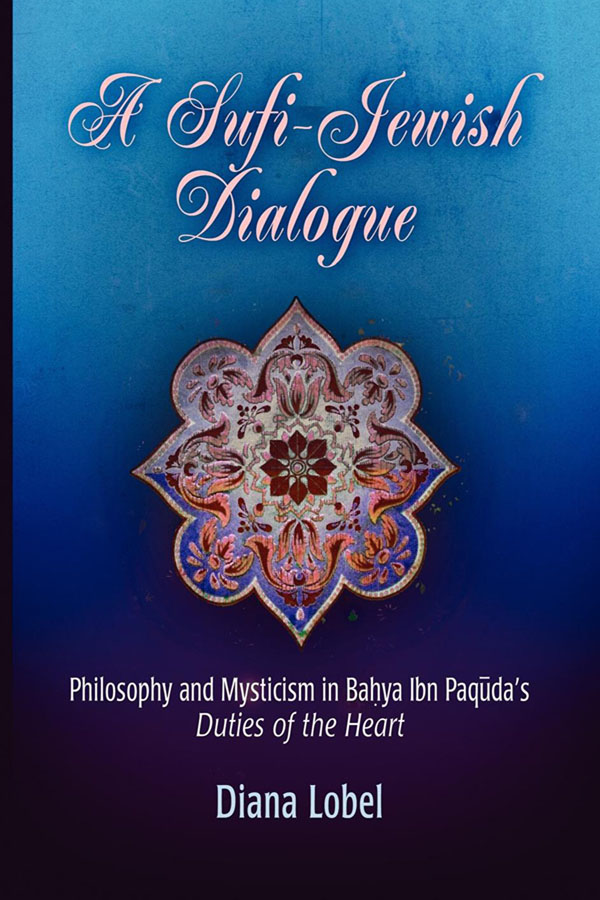Diana Lobel - A Sufi-Jewish Dialogue: Philosophy and Mysticism in Bahya ibn Paqudas Duties of the Heart
Here you can read online Diana Lobel - A Sufi-Jewish Dialogue: Philosophy and Mysticism in Bahya ibn Paqudas Duties of the Heart full text of the book (entire story) in english for free. Download pdf and epub, get meaning, cover and reviews about this ebook. year: 2013, publisher: University of Pennsylvania Press, Inc., genre: Religion. Description of the work, (preface) as well as reviews are available. Best literature library LitArk.com created for fans of good reading and offers a wide selection of genres:
Romance novel
Science fiction
Adventure
Detective
Science
History
Home and family
Prose
Art
Politics
Computer
Non-fiction
Religion
Business
Children
Humor
Choose a favorite category and find really read worthwhile books. Enjoy immersion in the world of imagination, feel the emotions of the characters or learn something new for yourself, make an fascinating discovery.

- Book:A Sufi-Jewish Dialogue: Philosophy and Mysticism in Bahya ibn Paqudas Duties of the Heart
- Author:
- Publisher:University of Pennsylvania Press, Inc.
- Genre:
- Year:2013
- Rating:4 / 5
- Favourites:Add to favourites
- Your mark:
A Sufi-Jewish Dialogue: Philosophy and Mysticism in Bahya ibn Paqudas Duties of the Heart: summary, description and annotation
We offer to read an annotation, description, summary or preface (depends on what the author of the book "A Sufi-Jewish Dialogue: Philosophy and Mysticism in Bahya ibn Paqudas Duties of the Heart" wrote himself). If you haven't found the necessary information about the book — write in the comments, we will try to find it.
Written in Judeo-Arabic in eleventh-century Muslim Spain but quickly translated into Hebrew, Bahya Ibn Paqudas Duties of the Heart is a profound guidebook of Jewish spirituality that has enjoyed tremendous popularity and influence to the present day. Readers who know the book primarily in its Hebrew version have likely lost sight of the works original Arabic context and its immersion in Islamic mystical literature. In A Sufi-Jewish Dialogue, Diana Lobel explores the full extent to which Duties of the Heart marks the flowering of the Jewish-Arab symbiosis, the interpenetration of Islamic and Jewish civilizations.
Lobel reveals Bahya as a maverick who integrates abstract negative theology, devotion to the inner life, and an intimate relationship with a personal God. Bahya emerges from her analysis as a figure so steeped in Islamic traditions that an Arabic reader could easily think he was a Muslim, yet the traditional Jewish seeker has always looked to him as a fountainhead of Jewish devotion. Indeed, Bahya represents a genuine bridge between religious cultures. He brings together, as well, a rationalist, philosophical approach and a strain of Sufi mysticism, paving the way for the integration of philosophy and spirituality in the thought of Moses Maimonides.
A Sufi-Jewish Dialogue is the first scholarly book in English about a tremendously influential work of medieval Jewish thought and will be of interest to readers working in comparative literature, philosophy, and religious studies, particularly as reflected in the interplay of the civilizations of the Middle East. Readers will discover an extraordinary time when Jewish, Christian, and Islamic thinkers participated in a common spiritual quest, across traditions and cultural boundaries.
Diana Lobel: author's other books
Who wrote A Sufi-Jewish Dialogue: Philosophy and Mysticism in Bahya ibn Paqudas Duties of the Heart? Find out the surname, the name of the author of the book and a list of all author's works by series.

